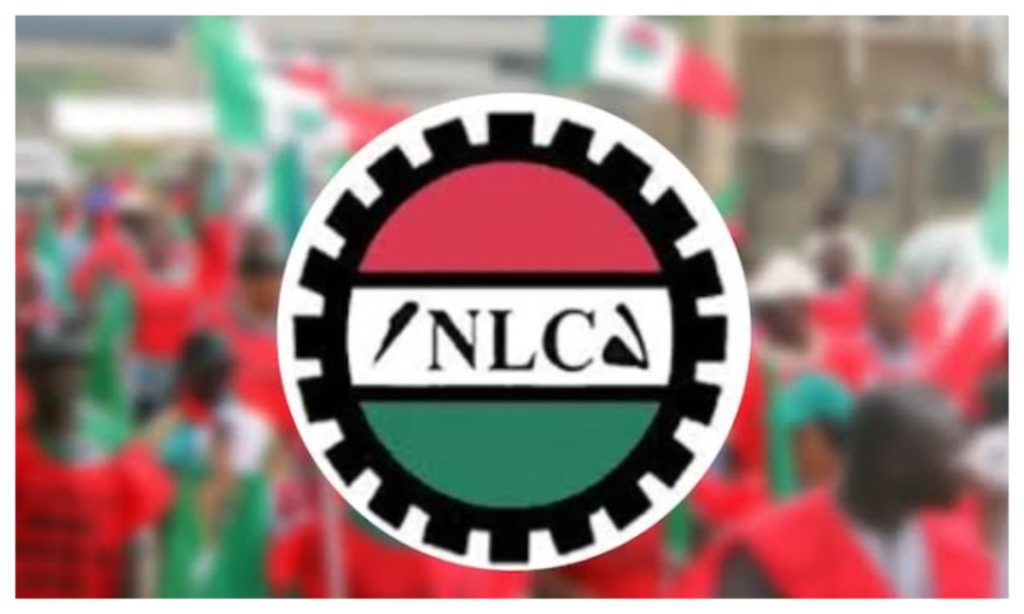The Nigerian Labour Congress has expressed caution over the government’s newly approved 15 percent import tariff on petrol and diesel, warning that the policy could have unintended consequences if it leads to price manipulation or consumer exploitation. According to Benson Upah, spokesperson for the NLC, the tariff could encourage local refining and reduce Nigeria’s dependence on imported fuel, but it must not be used to shield certain players from competition or facilitate artificial price hikes.
The NLC’s concerns come after President Bola Ahmed Tinubu approved the 15 percent import duty on petrol and diesel. Upah noted that while the tariff could be beneficial if local capacity can meet local demand without distortions, it could also lead to higher fuel prices if used to manipulate supply. He emphasized the need to protect local industries, but not at the expense of consumers.
Currently, pump prices of petrol in Lagos and Abuja range between N925 and N960 per litre, with major marketers such as NNPCL, Eterna, and AA Rano recently adjusting their prices in Abuja to N940 per litre. The Nigerian Midstream and Downstream Petroleum Regulatory Authority reports that Dangote Refinery currently supplies about 20 million litres of petrol daily, out of Nigeria’s estimated 45 to 50 million litres of average daily consumption. However, Dangote Refinery has disclosed that it is now loading over 45 million litres of Premium Motor Spirit daily and has backed the government’s 15 percent import duty on refined petroleum products.
The introduction of the import tariff is expected to have significant implications for Nigeria’s fuel market. If implemented effectively, it could promote local refining and reduce the country’s reliance on imported fuel. However, if the tariff is used to manipulate prices or shield certain players from competition, it could lead to higher fuel prices and negatively impact consumers. As the situation unfolds, it is essential to monitor the effects of the tariff and ensure that it serves the intended purpose of promoting local industries without harming consumers.
